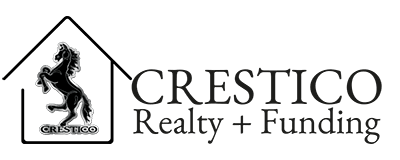Mortgage Debt Forgiveness Act: Expiring Soon!
These days, it seems like there are no homes for sale in Los Angeles. The end of the year though, has and continues to be a great time to buy because although most people are busy with the holidays – you can capitalize on a great deal! Another driving force is the expiration of the Mortgage Debt Relief Forgiveness Act. This Act is set for expiration at the end of the calendar year.
The federal government created this Act in 2007 to allow struggling homeowners to avoid being held responsible for the “income” they received when they managed to get out from under their heavy mortgages through short sales and other transactions. The Mortgage Debt Relief Forgiveness Act exempts current homeowners from the hidden income taxes that are normally incurred when mortgage debt is forgiven. With this Forgiveness Act not in place the IRS will consider the mortgage debt wiped out without actually being paid back as income and tax it as such.
Struggling homeowners now have another reason to try and sell their homes in short sales and other sales before the end of the year. This could create the right opportunity for a buyer looking to move before the end of the year. Some short sale servicers are even expediting these transactions to get a short sale closed before year’s end.
In this market where many homes are still underwater and retiring seniors are relying on the profits from the sale of their home, as a buyer, you might stand to benefit from the inventory changes. Contact your local Crestico office today for more information.
